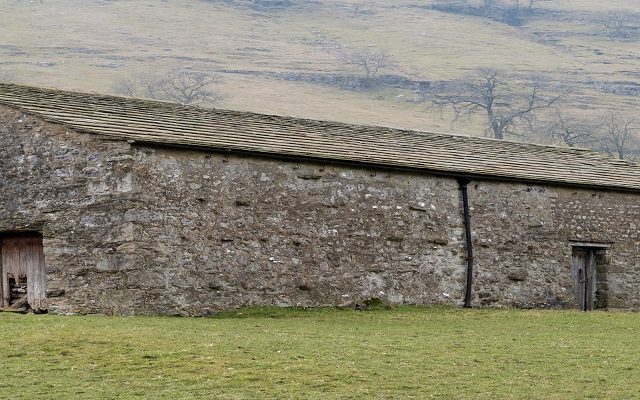Telecoms case provides more guidance on lease renewals
A recent decision in the County Court has provided more guidance on how the terms from a previous telecoms lease should be taken into account when agreeing a new lease, the approach to assessment of rent payable and relevance of incentives in comparable evidence.
The case concerned the renewal of a Landlord and Tenant Act 1954 telecommunications mast lease, with the term having expired and being held over since 2014.
The case is more complicated than it first appears as it revolves around some relatively new and much litigated telecom specific legislation (The Electronic Communications Code), colloquially known as the Code and how it interacts with leases for telecommunications sites, which are subject to the security of tenure provisions under the Landlord and Tenant Act 1954.
This is the second case that has been heard by Martin Rodger QC, Deputy Chamber President, Upper Tribunal (Lands Chamber) sitting as a Judge of the County Court where a telecoms lease is being renewed under the 1954 Act. The interplay between the two regimes creates additional complexity in relation to the rights to be agreed and the valuation approach to be taken during renewal negotiations which resulted in a referral to the County Court.
The Court decided that many of the terms in the previous lease should be carried over to the new one, following what is known as the O’May principle.
It also decided how lease terms that were not clear in the previous agreement should be dealt with, including rights to upgrade apparatus and management of access to the site, which is situated within a facility used for hostile environment training.
It also dealt with how premiums – which are commonplace in new deals under the Code – were to be treated when assessing comparable transactions. Where it came to valuation of rent, each regime carries its own assumptions, with the 1954 Act in this instance taking precedence over the Code, which disregards the value to the tenant in what is termed a ‘no network assumption’.
Please contact James Hill (England and Wales) or Larry Irwin (Scotland) if you would like to discuss the case, with which Strutt & Parker was directly involved.






